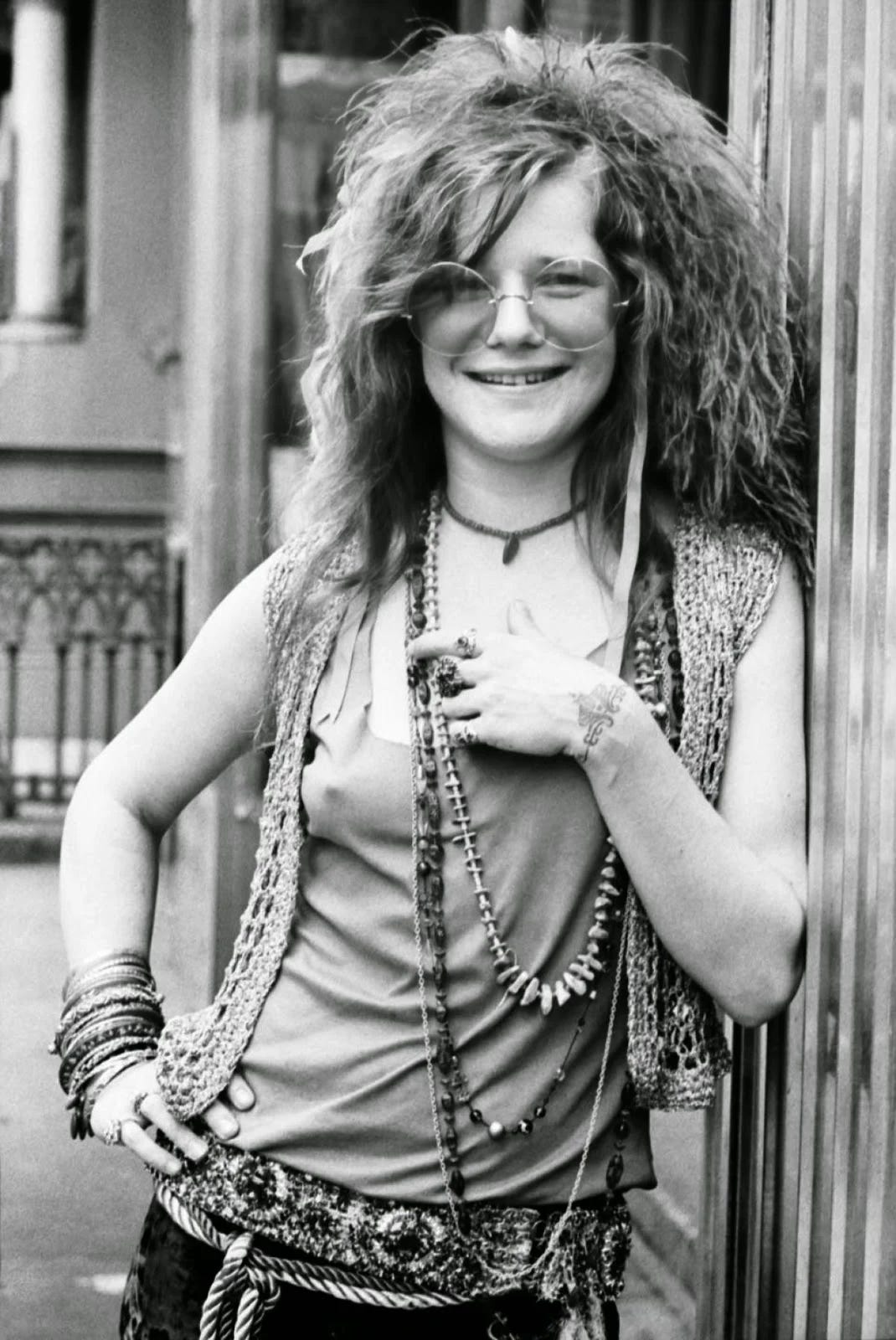On Love, Crime and Feeling Proud
To mark the end of Pride month, two songs remind us there's still a long way to go
I don’t do Pride.
A bit like with Record Store Day, I don’t like being told what to do.
Crucially, I don’t need global corporations —mostly led by straight people— to remind me how proud I should feel.
Above all, though, it’s a shame how current pride celebrations seem to bastardise the spirit of the Stonewall Uprising and the first Pride marches.

As a gay man, people sometimes expect me to make some sort of statement at this time of year. What I always say is this: let’s not forget homosexuality is still a crime in many countries. People get tortured, jailed and killed for being who they are, while their (typically) oil-rich governments make deals with the same corporations which, in turn, wish us Happy Pride by email every June.
In this spirit, and to mark the occasion, I’m bringing you two artists who, despite their success —or perhaps because of it— struggled with the whole “feeling proud” thing.
Lest we forget.

George Michael
If you know anything about me, it should come as no surprise that I live for a singer/songwriter with an impeccable singing technique, a tendency to defy genres, and an irresistible stage presence. Cue Mariah, George Michael et al.
His Faith album has been more influential in my life than my primary and secondary schools combined, and his blue jeans, leather jacket and sunglasses are essentially my choice of attire throughout a big chunk of the year.
In the song Father Figure, George gives us gospel vibes and a haunting vocal performance that still sends shivers down my spine.
Critics chose to focus on the easy target line “put your tiny hand in mine”. Although George was only 24 when he wrote it, his mature image and handsome looks made him the heartthrob of late 80s and early 90s Britain.
Yet, amid all the speculation and controversies (which George was no stranger to), there’s an important message in one of the verses:
That's all I wanted
But sometimes love can be mistaken for a crime
Later in life he admitted he wrote the song partly inspired by all the women he was (still) sleeping with at the time, and how they saw him as a protective, non-threatening figure they could trust.
At the same time, and for context, George wrote this song during the turbulent period that would lead to Section 28 being enacted, which prohibited the “promotion of homosexuality” in Britain from 1988 to the early noughties.
He was coming to terms with his own sexuality whilst dealing with all the exposure and public pressure of a global superstar at a time when being gay was still publicly repudiated and institutionally restricted.
I will be your father figure
I have had enough of crime
How he managed to channel his own personal struggles in his songs while still keeping his affairs (mostly) off-radar, particularly at that time, is testament to his masterful songwriting.
He would later grace us with the same trick in his mega-hit Freedom! ‘90 reminding us that the clothes don’t make the man. (I’m keeping the sunglasses, jeans and leather jacket, though. I’m sure he would approve).
Janis Joplin
A cassette tape I borrowed from my father when I was 11 introduced me to the blues. The artist wasn’t a big Black man of the likes of B.B. King and Freddie King, who would later become staples in my blues collection.
It was a woman. A white, queer and broken woman, whose battles with self-esteem and a life more complicated than there is room here to cover would see her, sadly, join the 27 Club at the mercy of a heroin overdose.
The song that captivated me as a child was Kozmic Blues, which still is, in my opinion, among her best work. It often gets relegated to the shadows of Pearl, her posthumous masterpiece.
I ain't never gonna love you any better, baby
And I'm never never gonna love you right,
So you'd better take it now, right now
Janis had complex, twisted and convoluted relationships with both men and women, but her same-sex affairs were kept largely secret.
Her substance abuse and mental health struggles were typically at the centrepiece of her misfortune in love and in life.
No one can sing about heartbreak like Janis. Probably no one felt it as much as she did.
And yet, despite all the pain and suffering, there’s an important message in the second chorus, before the chords revert back to the stubbornly gloomy minor key of the beginning:
There's a fire inside everyone of us,
You'd better need it now,
I got to hold it, yeah,
I better use it till the day I die
Sadly she wouldn’t live much longer after she sang that. But there is no question that she held that fire until the very end.
Thanks for reading/listening. Enjoy the celebrations if you partake. Enjoy your peace and quiet if you don’t.
In any case, let’s light a candle for those who were not allowed to feel proud.






Absolutely love your writing, thank you for sharing this
Thanks for sharing your thoughts on Pride month and the corporate, capitalist machinations behind a good
part of it.
I’m gonna play George Michael and Wham all day today from the river where I’ll be floating on a swan-shaped raft!